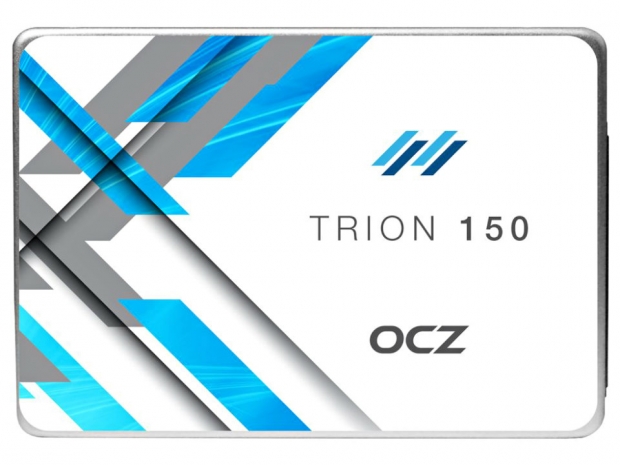Index
- OCZ Trion 150 480GB SSD Reviewed
- Performance Specifications
- Packaging
- Testing Methodology
- Benchmark Results - CrystalDiskMark x64 v5.1.2
- Benchmark Results - ATTO Disk Benchmark v3.05
- Benchmark Results – Iometer v1.1.0
- Benchmark Results – AS SSD Benchmark v.1.8.5636.37293
- Benchmark Results – PlayStation 4 SSD vs HDD
- Price-per-Gigabyte Comparison (March 28, 2016)
- Conclusion
- All Pages
Iometer is a more dated application that is still very relevant for measuring random I/O performance in real-time. The program was announced by Intel back in 1998 and was originally released during that year’s Intel Developer Forum. It is based on a client-server model and allows I/O monitoring by performing massive I/O operations and stressing the system hard. Default parameters are 4KB file size chunks, and this is what we are using to test 4KB sequential I/O read and write performance.
For this test, we decided to measure performance with OCZ’s default 6.25 percent over-provisioning and additional 20 percent over-provisioning, as sometimes it can prove useful for sequential 4KB performance.
Iometer (4KB, 100% read) – No added over-provisioning (default 6.25 percent)

The default 6.25 percent results show 143.8 total MB/s and 35,101 IOPS at 0.03 milliseconds average response time and 4.46 milliseconds maximum response time. CPU utilization on the Core i7 5820K is at 5.58 percent.
Iometer (4KB, 100% read) – 20 percent over-provisioning
The 20 percent over-provisioning results show 149.3 total MB/s and 36,456 IOPS at 0.03 milliseconds average response time and 0.74 milliseconds maximum response time. CPU utilization is also lower at 4.98 percent.




